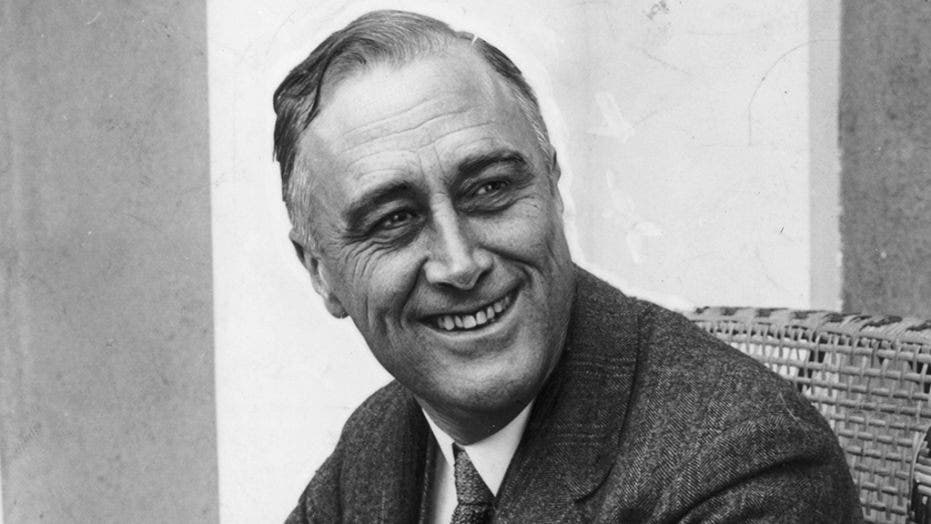On August 2, 1939, President Franklin Delano Roosevelt signed the Hatch Act of 1939 into U.S. federal law, prohibiting civil service employees in the executive branch of the federal government from engaging in some forms of political activity. The president and vice president are exempt from this legislation. The law aims to ensure that federal programs are administered in a nonpartisan fashion, protect federal employees from political coercion, and ensure that federal employees are evaluated based on merit and not political affiliation.
Violations of the Hatch Act can result in serious penalties, including disciplinary action or removal from federal employment. The legislation is enforced by the Office of Special Counsel and has three main purposes according to the American Postal Workers Union: to ensure non-partisan administration of federal programs, protect employees from political coercion, and evaluate employees based on merit rather than political affiliation. Restrictions under the Hatch Act include prohibitions on distributing campaign materials, performing campaign-related tasks, wearing partisan clothing, making political contributions, and using social media for political advocacy.
The Hatch Act was passed in response to a scandal during FDR’s administration and was sponsored by New Mexico Senator Carl A. Hatch. Political activity is defined as any action directed at the success or failure of a political party, candidate, or group. The president and vice president are exempt from the civil provisions of the act due to their roles. The legislation applies to all federal employees but the restrictions vary based on position. Certain employees, including most career employees in the executive branch, are less restricted and can engage in political activities outside of work and federal facilities.
Further restricted employees, such as career Senior Executive Service employees and employees in certain divisions, face stricter rules surrounding political activity, even off-duty. The Hatch Act has undergone amendments since its enactment in 1939, including extension to cover state and local government employees with federal funding and changes under President Bill Clinton to allow federal employees to engage in voluntary political activities during their off-duty time. Violating the Hatch Act can result in removal from federal service, reduction in grade, debarment, suspension, reprimand, or civil penalties. The Hatch Act Modernization Act of 2012 under President Barack Obama made changes to enforcement and expanded consequences for violations.













